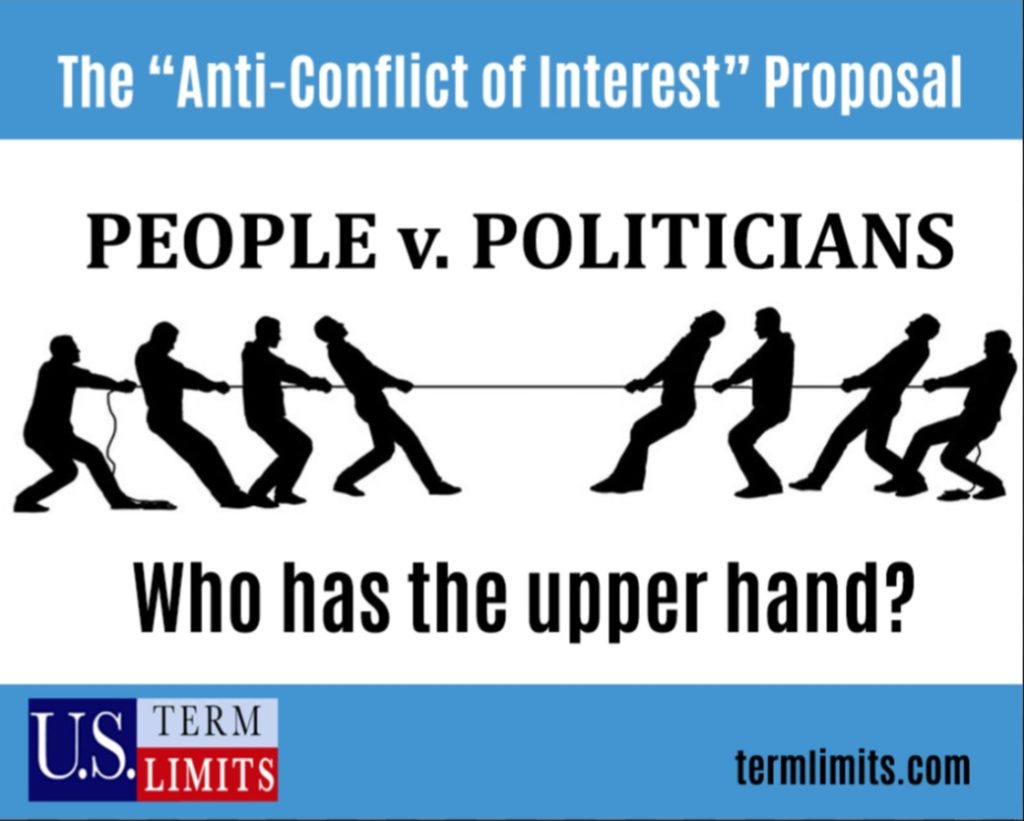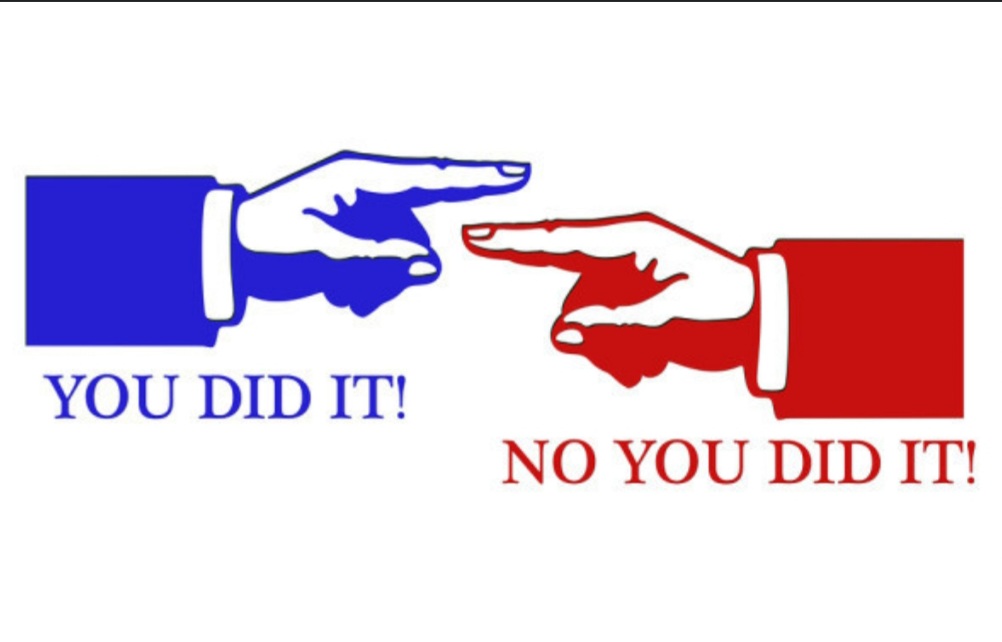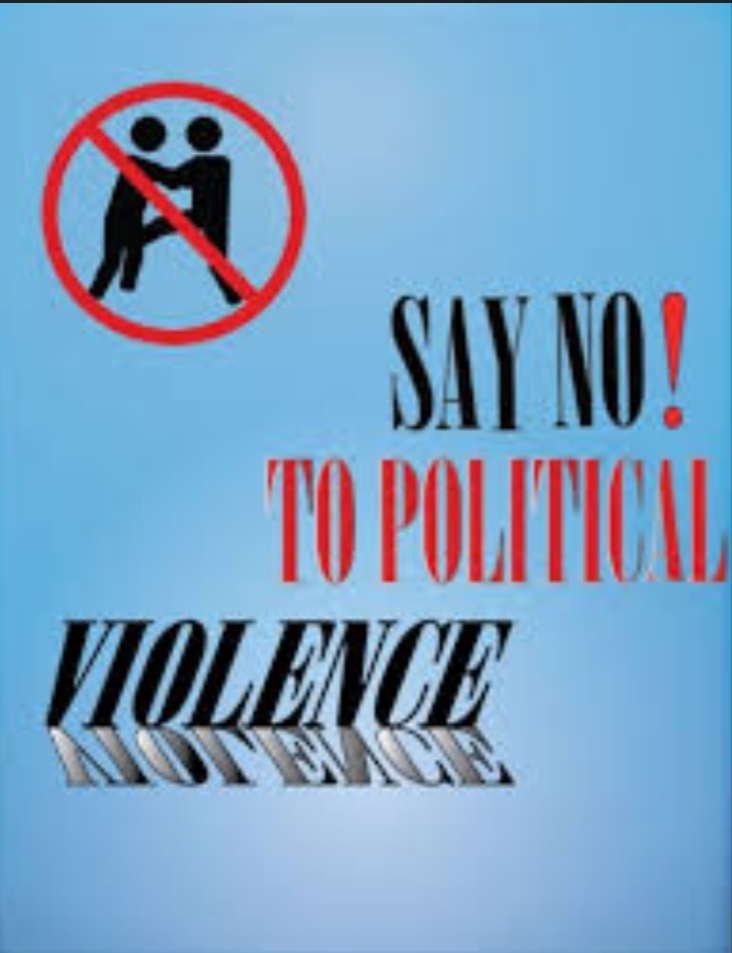
At a campaign rally in Butler, Pennsylvania, Thomas Matthew Crooks attempted to assassinate Donald Trump. Crooks, using a sniper rifle from a nearby rooftop, managed to injure Trump and critically wound two others. Tragically, Corey Comperatore, a former fire chief, was killed while shielding his family from the gunfire. Bomb-making materials were later found in Crooks’ car and home, highlighting the severity of the threat.
The incident has sparked widespread bipartisan condemnation and calls for enhanced security measures for major political figures, including Trump and other presidential candidates. Lawmakers are demanding accountability for the security failures that allowed the attack to occur.
“Tragedy and Resilience: Reflecting on the Assassination Attempt on Donald Trump”
On a somber day at a rally in Butler, Pennsylvania, an assassination attempt on Donald Trump left a deep impact. Thomas Matthew Crooks, the would-be assassin, opened fire from a rooftop, injuring Trump and two others. The attack claimed the life of Corey Comperatore, a former fire chief, who heroically shielded his family from the bullets.
The Tragic Loss of Corey Comperatore:
Corey Comperatore’s bravery in his final moments exemplifies true heroism. Shielding his wife and daughters, he paid the ultimate price. His selfless act highlights the human cost of political violence, emphasizing the need for greater security and unity.
Injuries and the Immediate Aftermath:
Trump sustained an injury to his right ear, while two others were critically wounded. The swift response from security forces neutralized the threat, preventing further casualties. The discovery of bomb-making materials in Crooks’ possession underscored the severity of the threat.
A Call for Enhanced Security and Unity:
This incident underscores the urgent need for improved security measures at political events. Bipartisan calls for accountability and enhanced protection for public figures have emerged, aiming to prevent such tragedies in the future.
In the wake of this tragic event, it is crucial to foster unity and reject violence. By advocating for better security and engaging in peaceful political discourse, we can honor the memory of Corey Comperatore and work towards a safer, more unified society.
The Threat of Political Violence:


Bipartisan Condemnation and Calls for Security:
In response to the attempted assassination, there has been widespread bipartisan condemnation. Lawmakers from both sides of the aisle have united to call for enhanced security measures to protect political figures. This rare moment of unity underscores the shared recognition of the dangers posed by political violence and the collective effort required to ensure the safety of public servants.
A Unified Call for Action:
The near-assassination has spurred legislative efforts to improve security protocols for political events. Enhanced protection is essential to safeguard democracy and prevent further tragedies. By working together across political lines, there is hope for creating a safer environment where political processes can thrive without the shadow of violence.

Addressing political violence and enhancing security measures is crucial for maintaining the integrity of democratic systems. The bipartisan response to the recent attempt on Donald Trump’s life demonstrates a commitment to unity and safety, setting a precedent for future actions to protect public figures and uphold democratic values.
The Need for Improved Security
Identified Security Failures:
The recent assassination attempt on Donald Trump highlighted significant security lapses. The shooter, Thomas Matthew Crooks, managed to position himself on a rooftop with a sniper rifle, raising questions about the adequacy of perimeter security and surveillance. Additionally, the discovery of bomb-making materials in Crooks’ possession suggests a broader threat that was not adequately anticipated or mitigated.
Rigorous Security Protocols
This incident underscores the necessity for rigorous security protocols at political events. Comprehensive measures, including thorough background checks, advanced surveillance, and real-time threat assessments, are vital to prevent such breaches.
Importance of Protecting Public Figures:
Ensuring the safety of all candidates and public figures is crucial for maintaining a secure and functioning democracy. Political leaders, regardless of their affiliation, must be able to campaign and engage with the public without fear of violence. Protecting them not only preserves individual lives but also upholds the democratic process, allowing for free and fair elections. Enhanced security measures will help to create an environment where political discourse can occur safely and democratically.
Promoting Unity and Peace:
Advocating for Peaceful Political Discourse
The recent assassination attempt on Donald Trump serves as a stark reminder of the need for peaceful political discourse. Violence is never a solution to political disagreements. By promoting dialogue, mutual respect, and understanding, we can resolve conflicts without resorting to harm. Encouraging a culture of respectful debate and active listening helps to bridge divides and fosters a healthier political environment.
Statements from Leaders Calling for Unity
In the wake of the attack, numerous political leaders and public figures have called for unity and healing. President Joe Biden condemned the violence and emphasized the need for national solidarity, stating, “We must come together as a nation to condemn political violence in all its forms.” Former President Barack Obama also urged Americans to “stand united against the forces that seek to divide us.” These statements highlight a collective desire to overcome divisions and work towards a more unified and peaceful society.
Promoting peaceful political discourse and unity is essential for a stable and functioning democracy. By rejecting violence and embracing dialogue, we can heal national divisions and build a more inclusive political landscape.
Urging Support for Security and Constructive Dialogue
Call to Action
In light of the recent assassination attempt on Donald Trump, it’s crucial for all of us to support measures that enhance security at political events. Improved security protocols are essential to protect candidates and public figures, ensuring the safety and integrity of our democratic processes.
Engage in Respectful Dialogue:
Moreover, let’s commit to engaging in respectful and constructive political dialogue. By rejecting violence and fostering a culture of understanding and mutual respect, we can address disagreements peacefully and work towards a more united and inclusive society.
Your voice matters. Advocate for better security and embrace respectful discourse to help build a safer, more cohesive democracy.